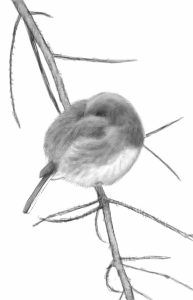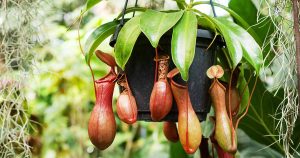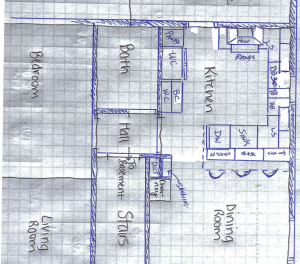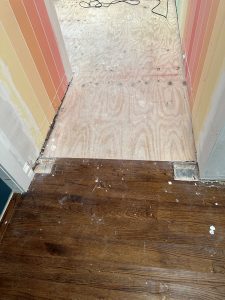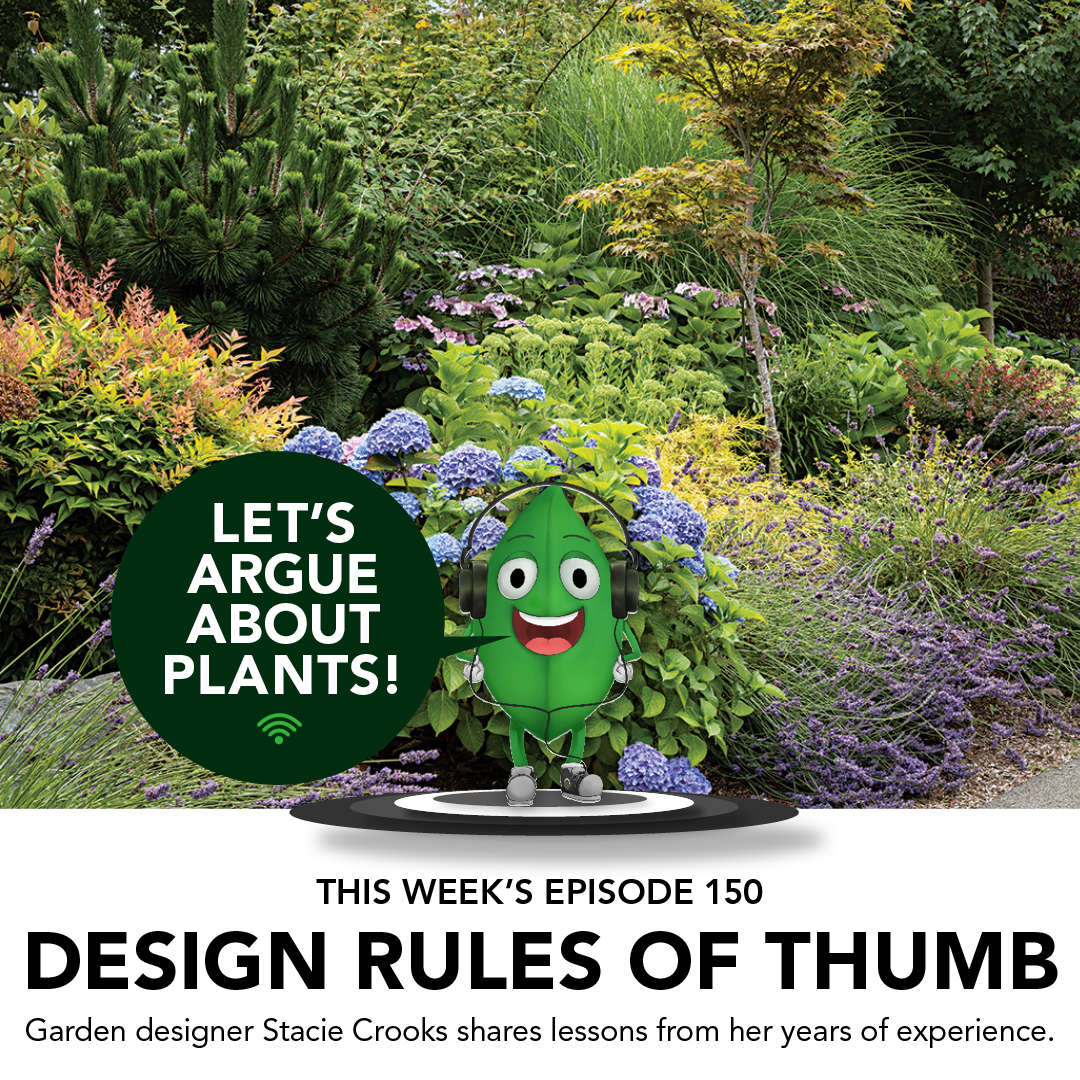
Stacie Crooks is a Seattle-based garden designer who has created beautiful, ecologically friendly, low-maintenance gardens throughout the Pacific Northwest. She is also a contributing editor for Fine Gardening magazine and has shared her insights with our readers through 10 feature articles and several departments over the past 17 years. In this episode, Carol interviews Stacie about the lessons that she has gained from her years of garden design experience.
Stacie Crooks’s Garden Design Rules of Thumb
1. Identify your project.
Ask yourself “What do I want to achieve?” and “Why do I want to do this?” Having a clear goal in mind- be it lower maintenance, better curb appeal, or more wildlife in the garden- will help you make the right design, style, and plant choices.
2. Know your site.
Before you can make any changes, you need to know your limitations. Determine the garden’s light exposure and angles, soil types, drainage, topography, and size. Consider irrigation (if you need water, where will it come from?) and access (how will you get into the garden and move through it?) Bearing all this in mind, set a budget.
3. Get inspired.
With your goals and guidelines clear, It’s time for a solid plan. People always ask, “Where do I start?” Engage in activities that foster learning and friendships. Read books and magazines and go to lectures. Join a garden club. Volunteer at a public garden. Look in the newspapers and on the internet for opportunities. Take notes, make lists and make sketches. Take photos of gardens you visit and copy them.
4. No zone denial.
When you go to buy your plants at your local nursery, read the tags carefully. Choose only that which is suited for your site and to your lifestyle. If it is not clear, ask a nursery person. Be sure that the amount of care that plant needs match the time and energy you can afford.
5. Finish one garden before you start another.
Resist buying plants that are not for your current project- they’ll just die waiting for you to plant them. Stick to the list.
6. Be responsible environmentally.
Always aim to use less water, less fertilizer, and no chemicals. The better you know your site, the easier it is to achieve success naturally. There’s an importance to NOT gardening, using fewer resources and less labor and just enjoying your space more.

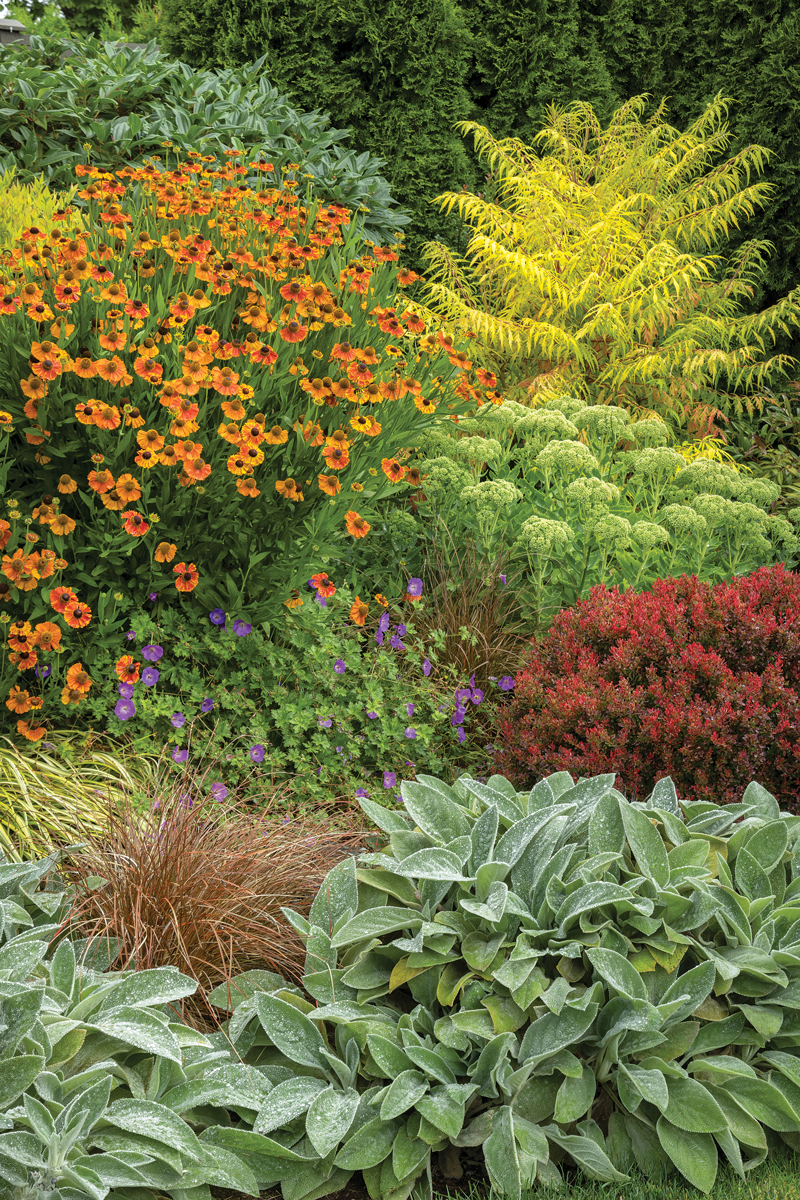

05 Agave planted in gravel


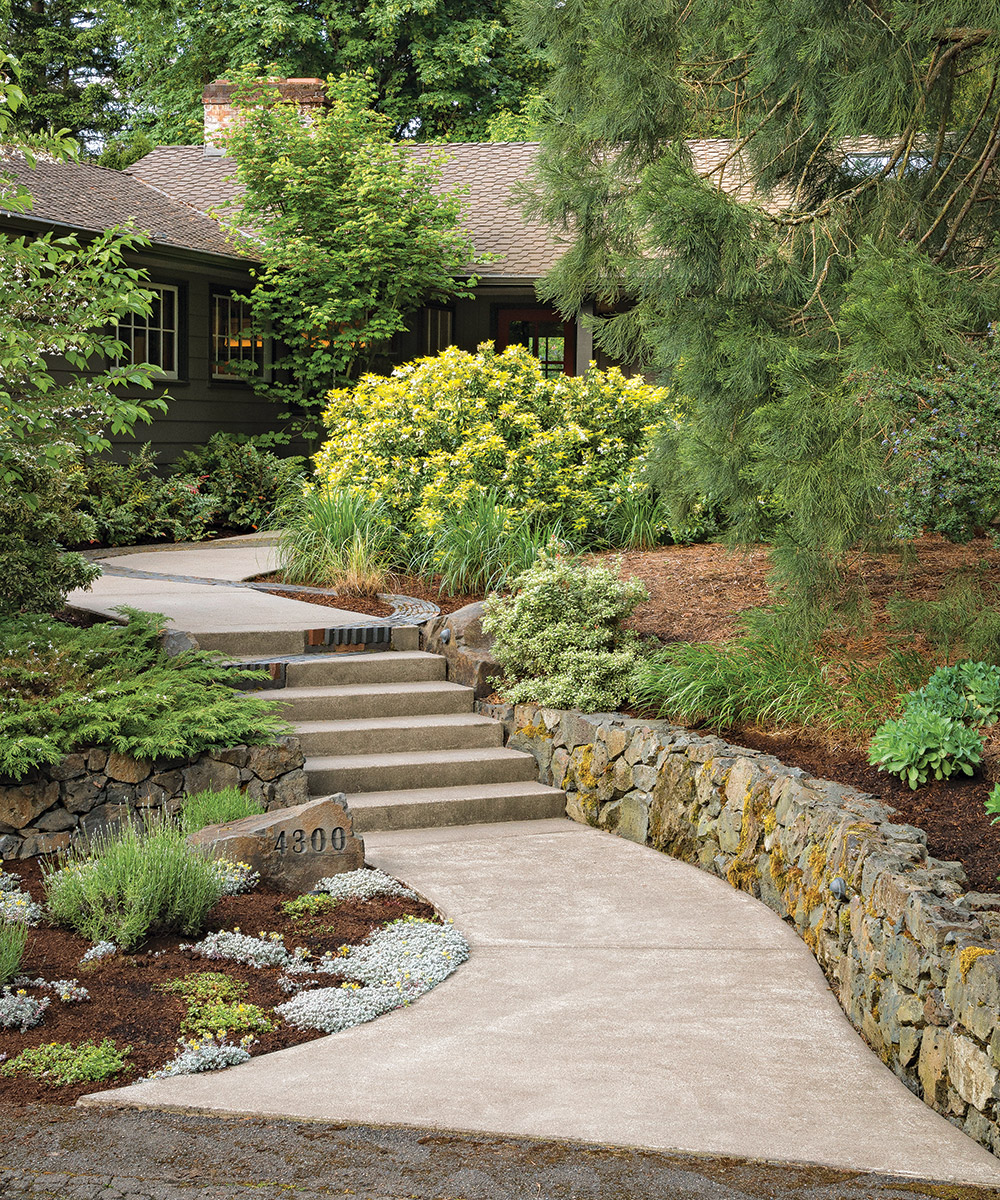
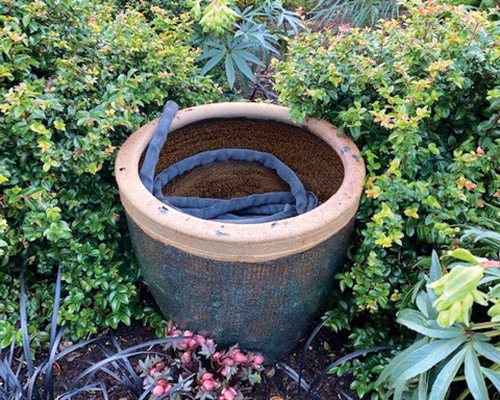
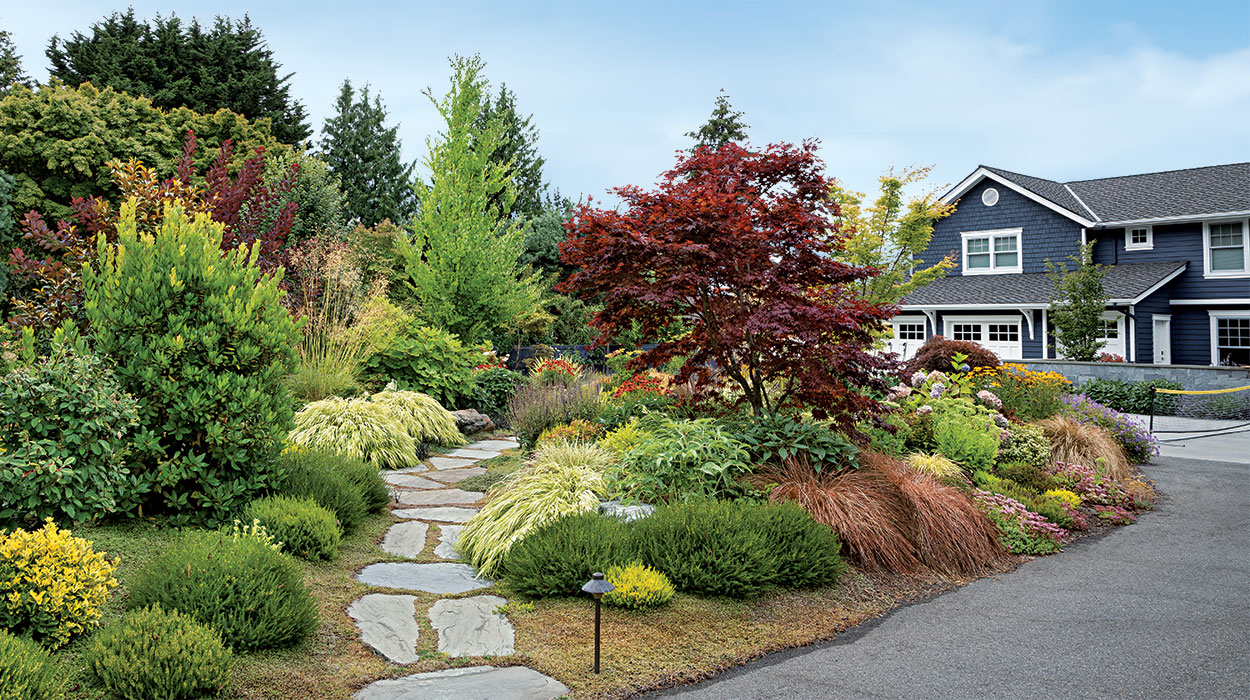
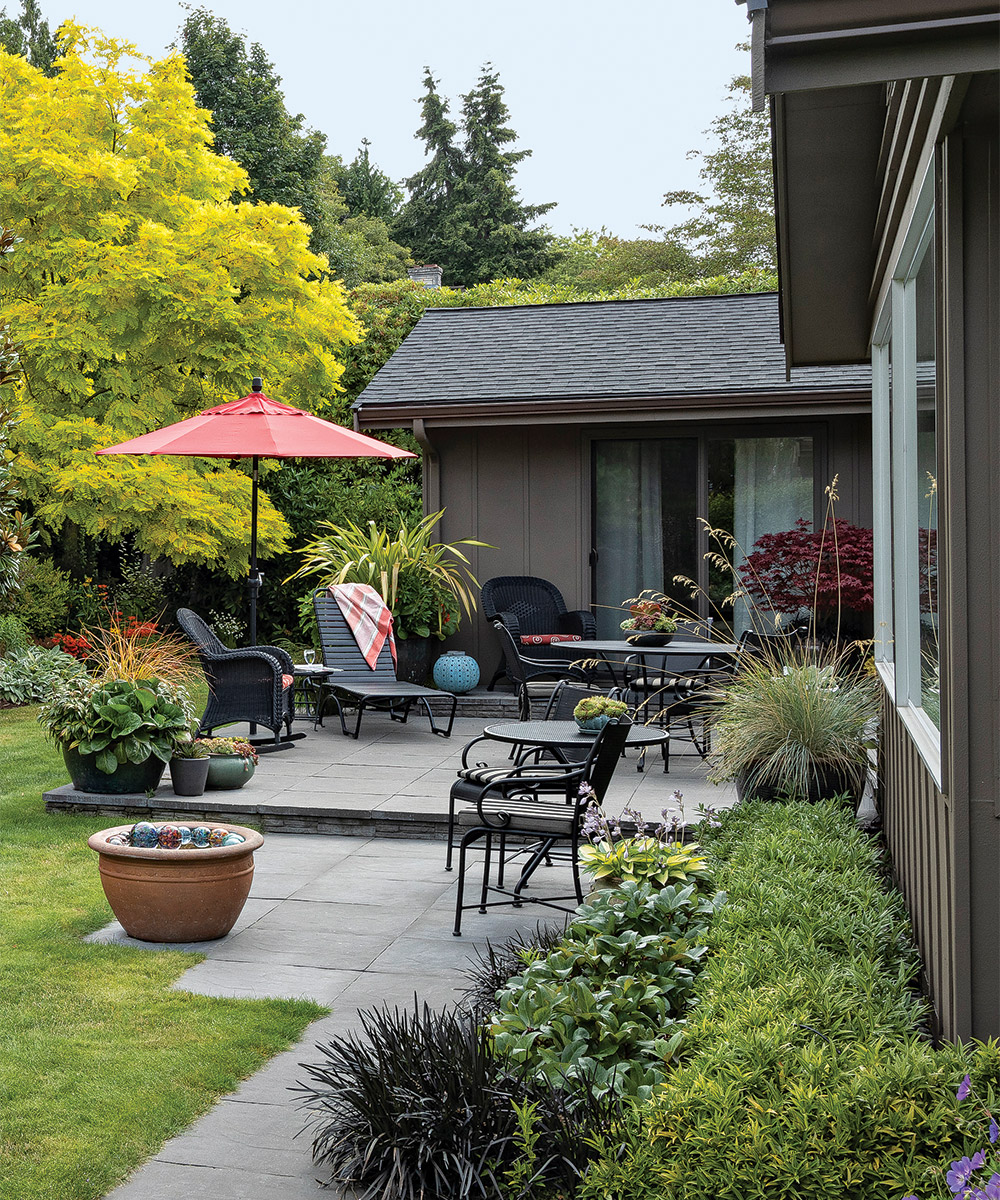


More from Stacie Crooks:
